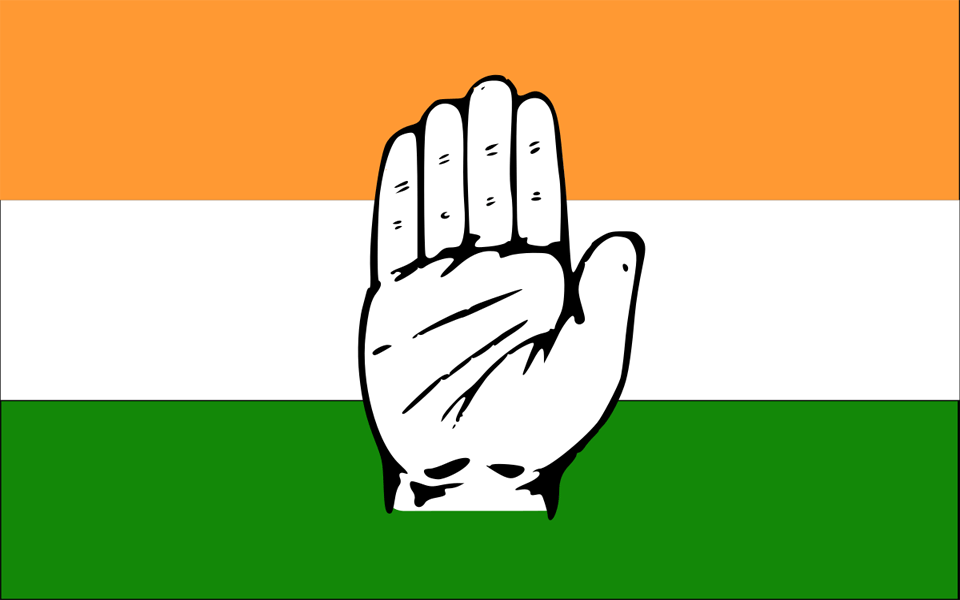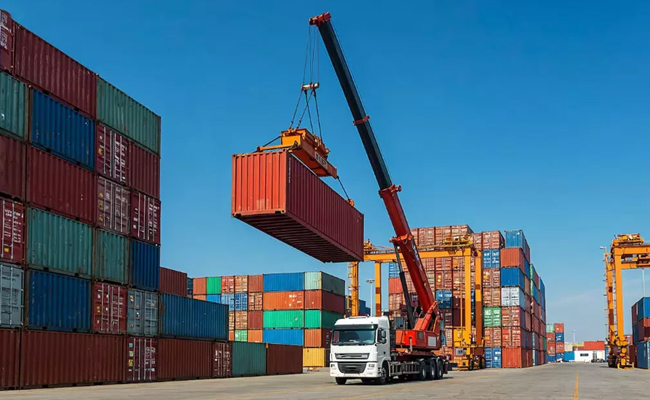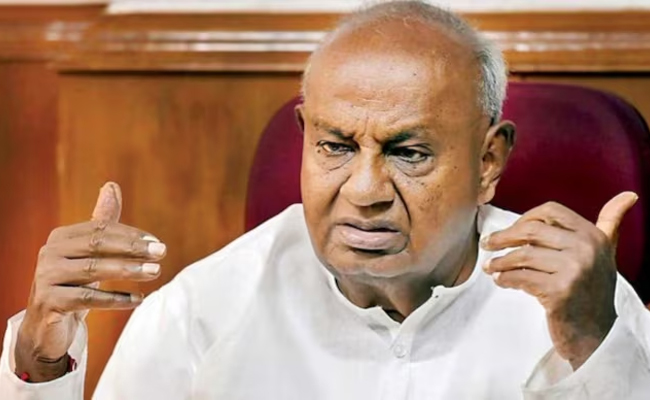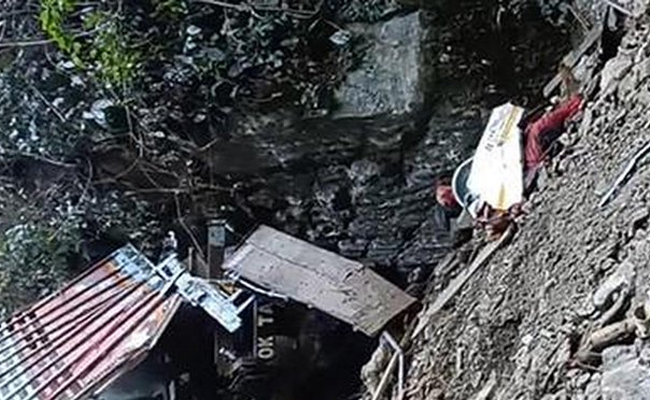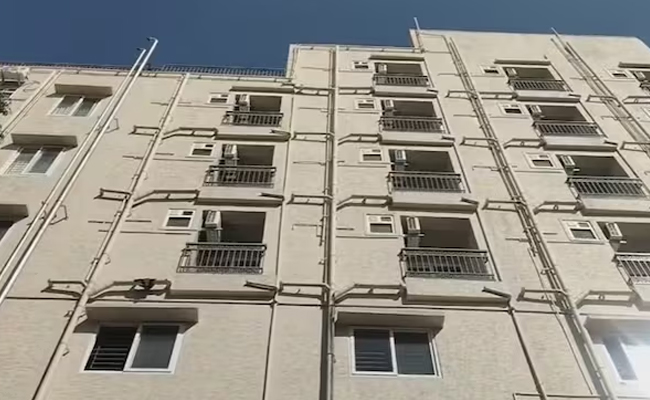New Delhi, July 29 : With Prime Minister Narendra Modi asserting that he was "not afraid of" publicly standing beside industrialists because his intentions were "noble", the Congress hit out at him, saying he should not lend his legitimacy and respectability to such corporates.
"If the Prime Minister feels alright to be photographed with such people, who allegedly ripped off the banking system, and run away to Antigua and London or probably disappear from the earth, then I leave it to the Prime Minister's wisdom to lend his legitimacy and respectability to such people," Congress spokesperson Manish Tewari said at a press conference.
"The question is not the capitalists or industrialists. The question is what kind of capitalists or industrialists," he said, while stressing his party was not against industrialists and capitalists, but against "crony capitalists".
"The Congress feels that private enterprise has a legitimate place in the developmental trajectory of the country. But what we are against is crony capitalism and the nexus between the suit and the boot. 'The Suit Boot ki Sarkar', when the government functions for the benefit of a few at the cost of many," he said.
Tewari also hit out at Modi for comparing himself with Mahatma Gandhi, saying: "What is even more astonishing is that the Prime Minister went and compared himself to Mahatma Gandhi.
"its unfortunate because no politician should compare himself to the father of the nation. He said that even Mahatma Gandhi used to carry industrialists with him. Again the question is what kind of industrialists. They were those people who in the teeth of British tyranny, British imperialism, in the teeth of persecution were ready to stake in sacrifice everything they had for the freedom of India."
These industrialists stood with Mahatma Gandhi and the Indian National Congress because their goal was the freedom of India, and were "not those industrialists who had gamed the banking system and runaway with thousands of crores of public money," he said.
Slammed Modi over development issues, Tewari said that "the Prime Minister patted himself on the back saying that the country is developing splendidly", but this is not borne out by facts.
"The facts are that farmers are forced to sell their crop below the minimum support price. The fact is that small and medium industry is closing down rapidly across the country."
On Modi's visit to Uttar Pradesh, Tewari said when any Prime Minister visits a state seven times, six or nine months before the Lok Sabha elections, it is possibly the most "potent barometer of the nervousness" of both the Bharatiya Janata Party (BJP) and the Prime Minister of India.
"This is perhaps the seventh trip that the Prime Minister is making to Uttar Pradesh in less than a month."
He also criticised BJP President Amit Shah's interview to a newspaper where he mentioned the Rs 12 crore Mudra loans for youth, saying the question was "how many sustainable livelihoods have those loans created".
Congress spokesperson Randeep Singh Surjewala meanwhile tweeted: "Dear PM, your political career reeks of a culture of cronyism! From giving land to your crony friends at throwaway prices in Guj to GSCPC scam, from promoting select mobile wallets in DeMo to gifting largest defence contracts in Rafale! So spare us the lecture!"
Let the Truth be known. If you read VB and like VB, please be a VB Supporter and Help us deliver the Truth to one and all.
New Delhi (PTI): India has proposed a preferential trade agreement (PTA) with Mexico to help domestic exporters deal with the steep tariffs announced by the South American country, a top government official said on Monday.
Mexico has decided to impose steep import tariffs - ranging from about 5 per cent to as high as 50 per cent on a wide range of goods (about 1,463 tariff lines) from countries that do not have free trade agreements with Mexico, including India, China, South Korea, Thailand and Indonesia.
Commerce Secretary Rajesh Agrawal said that India has engaged with the country on the issue.
"Technical level talks are on...The only fast way forward is to try to get a preferential trade agreement (PTA) because an FTA (free trade agreement) will take a lot of time. So we are trying to see what can be a good way forward," he told reporters here.
While in an FTA two trading partners either significantly reduce or eliminate import duties on maximum number of goods traded between them, in a PTA, duties are cut or removed on a limited number of products.
Trading partners of Mexico cannot file a compliant against the decision on imposing high tariffs as they are WTO (World Trade Organisation) compatible.
The duties are within their bound rates, he said, adding that their primary target was not India.
"We have proposed a PTA because its a WTO-compatible way forward... we can do a PTA and try to get concessions that are required for Indian supply chains and similarly offer them concessions where they have export interests in India," Agrawal said.
ALSO READ: Mexico's Congress approves higher tariffs on goods from India, China and non-FTA nations
Citing support for local production and correction of trade imbalances, Mexico has approved an increase in MFN (most favoured nation) import tariffs (5-50 per cent) with effect from January 1, 2026 on 1,455 tariff lines (or product categories) within the WTO framework, targeting non-FTA partners.
Preliminary estimates suggest that this affects India's around USD 2 billion exports to Mexico particularly -- automobile, two-wheelers, auto parts, textiles, iron and steel, plastics, leather and footwear.
The measure is also aimed at curbing Chinese imports.
India-Mexico merchandise trade totalled USD 8.74 billion in 2024, with exports USD 5.73 billion, imports USD 3.01 billion, and a trade surplus of USD 2.72 billion.
The government has been continuously and comprehensively assessing Mexico's tariff revisions since the issue emerged, engaging stakeholders, safeguarding the interests of Indian exporters, and pursuing constructive dialogue to ensure a stable trade environment benefiting businesses and consumers in both countries.
ALSO READ: Search operation ends in Anjaw truck accident, 20 bodies recovered
Federation of Indian Export Organisations (FIEO) Director General Ajay Sahai has said that Mexico's decision is a matter of concern, particularly for sectors like automobiles and auto components, machinery, electrical and electronics, organic chemicals, pharmaceuticals, textiles, and plastics.
"Such steep duties will erode our competitiveness and risk, disrupting supply chains that have taken years to develop," Sahai said, adding that this development also underlines the little urgency for India and Mexico to fast-track a comprehensive trade agreement.
Domestic auto component manufacturers will face enhanced cost pressures with Mexico hiking duties on Indian imports, according to industry body ACMA.

